PCR Workstations for DNA/RNA Protection
Labman Instruments is official distributor for Erlab Captair Bio and Jeio Tech PCR cabinets for Belgium, the Netherlands and Luxembourg.
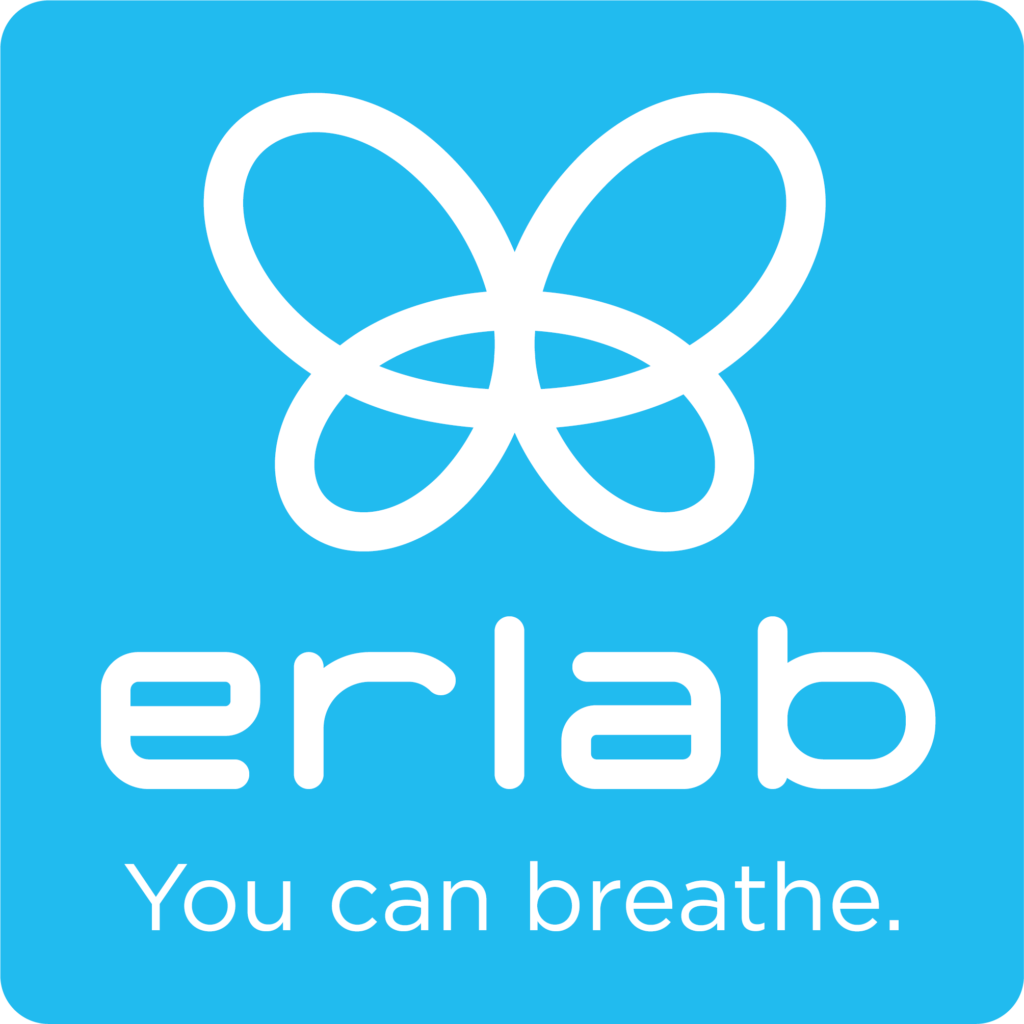

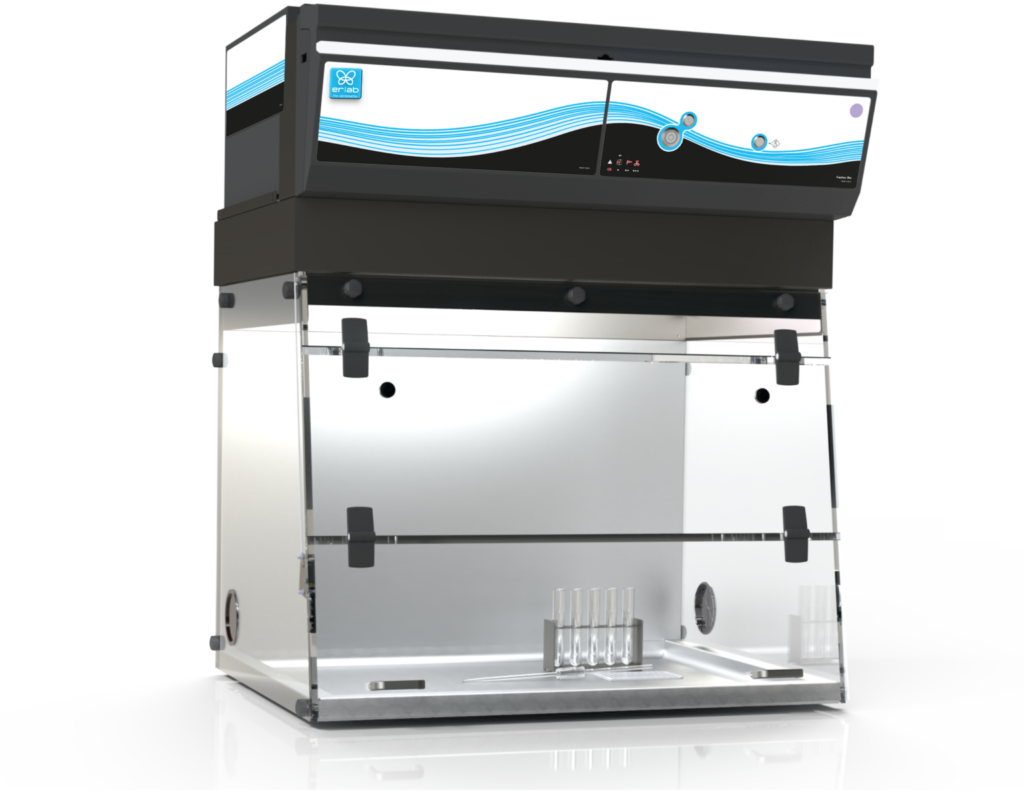
Reliable PCR Cabinets for Clean and Contamination-Free Sample Handling
Whether you’re amplifying RNA or DNA, maintaining a sterile workspace is critical. Our range of PCR workstations includes UV sterilization cabinets and laminar flow hoods, designed to prevent cross-contamination and protect both your samples and laboratory personnel. We proudly distribute PCR cabinets from Erlab and Jeiotech—two trusted brands in laboratory safety—across Belgium, the Netherlands, and Luxembourg.
Our PCR cabinets are ideal for research, diagnostics, and clinical laboratories seeking a safe, efficient, and ergonomic solution for PCR sample preparation.
Erlab Captair Bio Smart PCR Workstations
Erlab’s PCR workstations combine smart technology with high-performance filtration. Designed for molecular biology professionals, these workstations feature ULPA or HEPA filtration, UV decontamination, and app-enabled smart controls.
These compact and mobile cabinets offer:
ULPA U16 / HEPA H14 filtration to protect your samples from airborne contaminants.
Powerful UV decontamination (254 nm) between operations.
Smart monitoring via the eGuard App for real-time alerts and control.
Quiet operation (< 57 dBA) and ergonomic slanted sash for comfort.
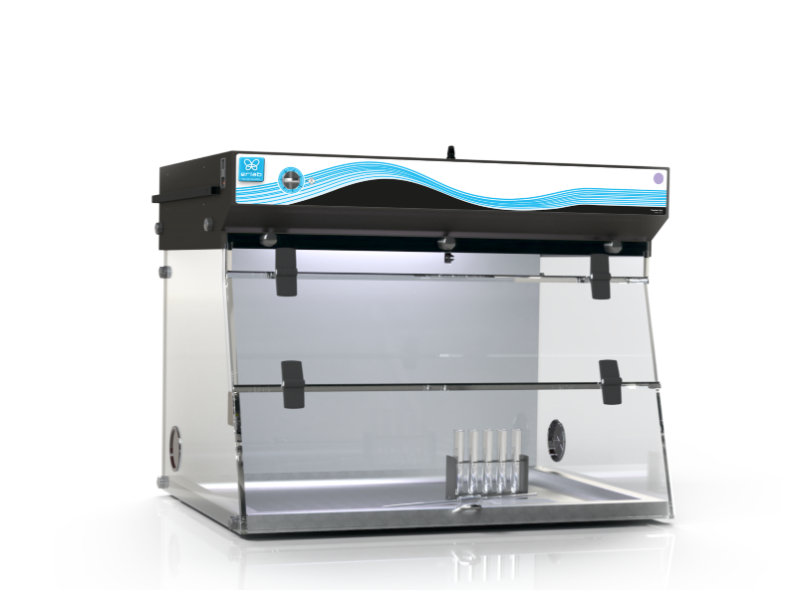
- PCR dead air box
- Internal width: 765 mm
- No filtration
- Simple design
- UV: 254 nm germicidal irradiation
€3.779,00 excl. VAT
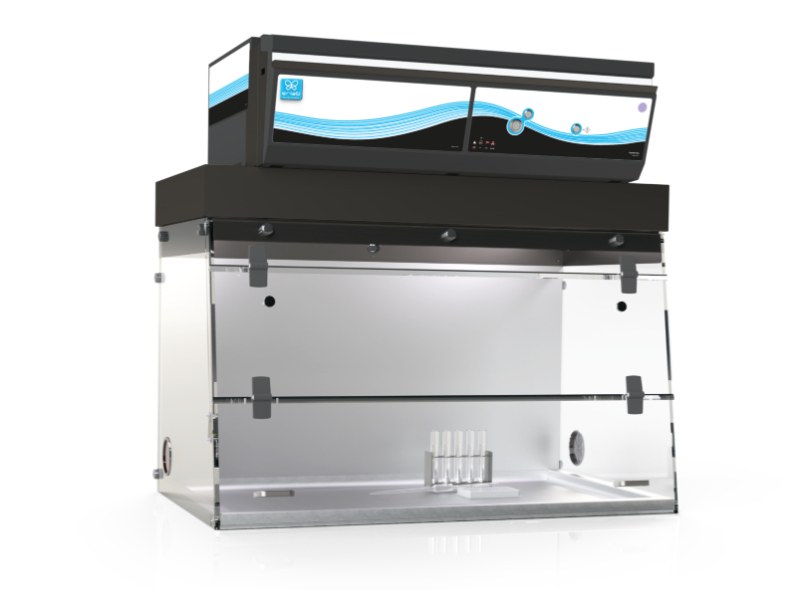
- PCR cabinet
- Internal width: 765 mm
- Main filter: HEPA filter: H14 or U16 conforms to EN 1822
- Pre-filter: G3
- UV: 254 nm germicidal irradiation
€6.547,00 excl. VAT

- PCR cabinet
- Internal width: 969 mm
- Main filter: HEPA filter: H14 or U16 conforms to EN 1822
- Pre-filter: G3
- UV: 254 nm germicidal irradiation
€6.950,00 excl. VAT
Jeiotech PCR Workstations: UV UV PCR Cabinets
UVC Series – UV Sterilization Cabinets
For laboratories needing affordable yet reliable contamination prevention, the UVC-01, UVC-11, and UVC-21 models provide:
254 nm UV lamp with auto shut-off for safety
Polycarbonate shielding (99.9% UV block)
Compact stainless steel worktops
Ideal for small-scale sample prep in low-flow environments.
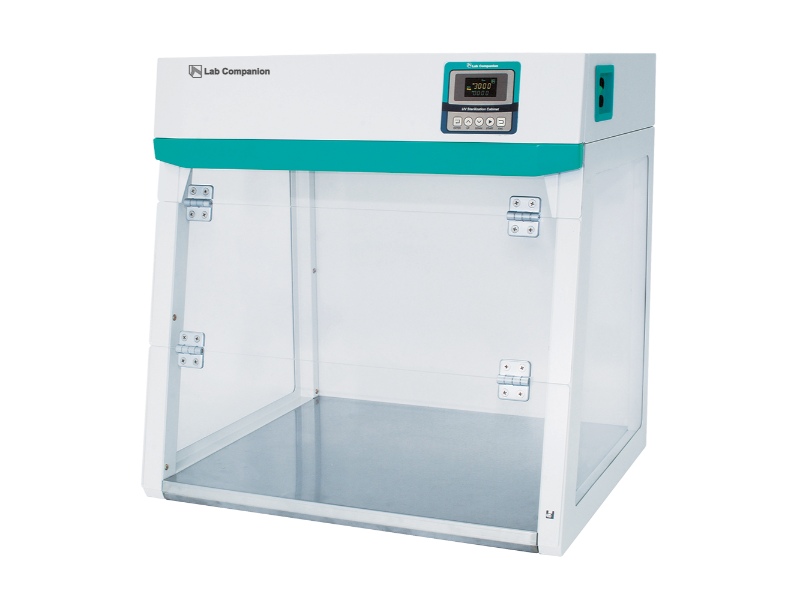
- Type: UV PCR workstation/cabinet
- UV density: 300 ± 10% μW/cm²
- Work surface: Stainless steel
- UV timer: Digital, up to 59:59 min
- Size: Compact bench-top model
€1.800,00 excl. VAT

- Type: UV PCR workstation/cabinet
- UV density: 350 ± 10% μW/cm²
- Work surface: Stainless steel
- UV timer: Digital, up to 59:59 min
- Size: Medium bench-top model
€2.160,00 excl. VAT

- Type: UV PCR workstation/cabinet
- UV density: 450 ± 10% μW/cm²
- Work surface: Stainless steel
- UV timer: Digital, up to 59:59 min
- Size: Large bench-top model
€2.400,00 excl. VAT
Jeiotech PCR Workstations: UV & Laminar Flow PCR Cabinets
PW Series – Laminar Flow PCR Workstations
These workstations deliver uniform HEPA-filtered airflow to ensure ISO Class 4 cleanliness. The PW-01, PW-11, and PW-21 models feature:
Vertical laminar flow (0.4 m/s) with HEPA filtration
Integrated UV lamp and fluorescent lighting
Quiet operation (< 60 dBA) and low energy consumption
Available in multiple sizes to fit your lab space
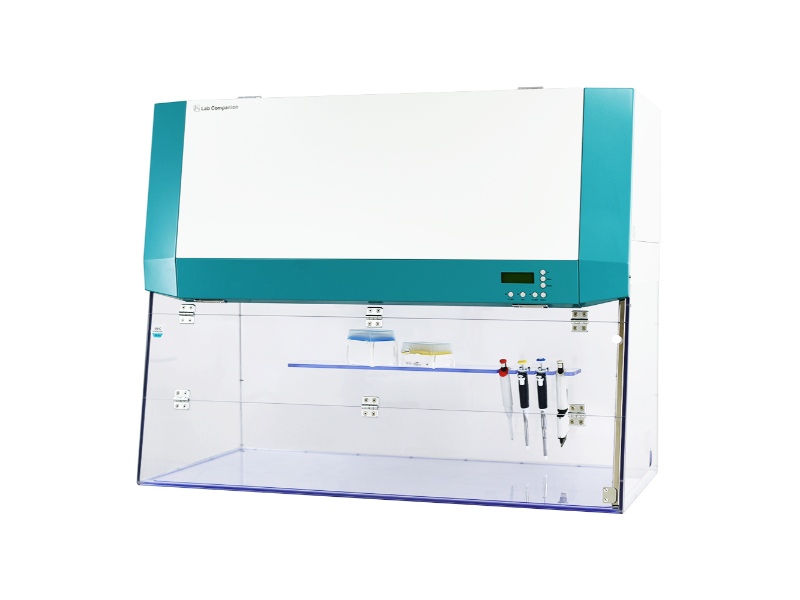
- Type: Laminar flow PCR workstation
- Airflow: Vertical, 0.4 m/s (78.7 fpm)
- Filtration: HEPA 99.99% @ 0.3 μm
- UV lamp: 15 W for sterilization
- Size: Compact bench-top unit
€4.280,00 excl. VAT

- Type: Laminar flow PCR workstation
- Airflow: Vertical, 0.4 m/s (78.7 fpm)
- Filtration: HEPA 99.99% @ 0.3 μm
- UV lamp: 20 W for sterilization
- Size: Medium bench-top unit
€4.960,00 excl. VAT

- Type: Laminar flow PCR workstation
- Airflow: Vertical, 0.4 m/s (78.7 fpm)
- Filtration: HEPA 99.99% @ 0.3 μm
- UV lamp: 30 W for sterilization
- Size: Large bench-top unit
€5.400,00 excl. VAT
Frequently asked questions about PCR cabinets
What is a PCR cabinet used for?
A PCR cabinet is used to protect DNA and RNA samples from airborne contamination during polymerase chain reaction (PCR) preparation. It provides a sterile, particle-free working environment using vertical laminar airflow and HEPA filtration.
Between 2 PCR cycles, UV light can easily be activated to inactivate DNA or RNA copies from the previous cycle.

Why is a PCR cabinet important for accurate PCR results?
PCR cabinets prevent cross-contamination between samples, a critical factor for ensuring accurate and reproducible results. They minimize the risk of false positives or degraded amplification by maintaining ISO Class 5 air quality around the workspace. False positives can be caused by strains left from a previous PCR cycle, airborne micro-organisms or free DNA.
What is the difference between a PCR cabinet and a biosafety cabinet?
A PCR cabinet protects the sample from contamination but does not protect the user or the environment from biohazards. In contrast, a biosafety cabinet protects both the user and the environment from infectious materials, in addition to protecting the samples. Also typically biological safety cabinets are less optimized for UV decontamination.
What is the difference between a PCR cabinet and a dead air box?
A PCR cabinet and a dead air box both aim to protect sensitive samples during PCR preparation, but they operate differently. Both are optimized to apply UV decontamination between PCR cycles. A PCR cabinet uses active vertical laminar airflow combined with HEPA filtration to continuously deliver particle-free, sterile air across the workspace, maintaining ISO Class 5 conditions. In contrast, a dead air box is a passive enclosure without airflow; it simply acts as a physical barrier to reduce exposure to airborne contaminants. While dead air boxes provide basic protection for low-risk applications, PCR cabinets offer superior contamination control, especially critical for high-sensitivity PCR workflows where even minimal contamination can impact results.
How does UV decontamination work in a PCR cabinet?
UV decontamination uses ultraviolet light (typically UV-C) to break down and deactivate DNA molecules on surfaces inside the cabinet. This reduces the risk of carryover contamination between PCR runs, enhancing reliability and sample integrity.
